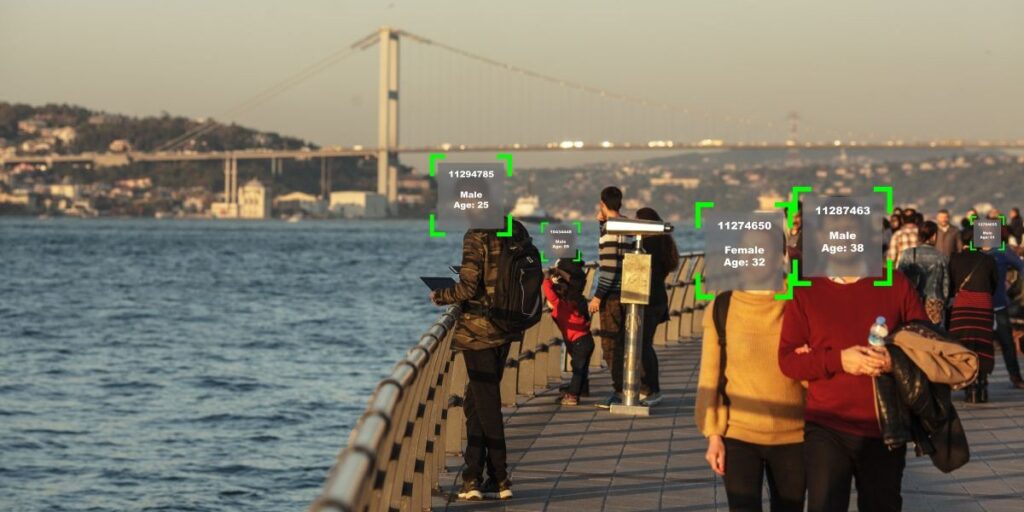
Here’s our latest Q&A with Ken Schulz, Program Head of BCIT Forensics Crime and Intelligence Analysis (CIA)-focused programs – all of which now offer online delivery options.
Q: Why did BCIT Forensics develop a microcredential in Techniques for Crime & Intelligence Analysts (TCIA)?
Crime and intelligence analysts operate in a fast-evolving field.
Industry partners tell us they need intermediate-to-advanced training to help their investigative teams stay current with emerging tools, techniques, and threats to deal with the crimes of tomorrow.
We already have courses that prepare students to be industry-ready in our CIA Bachelor of Technology and Advanced Certificate programs. The new TCIA Microcredential is geared to experienced analysts who want to further build their analytical skills.
Q: What kind of students will be most interested in TCIA?
The courses were designed for analysts who have worked in the field for a few years. As they advance in their career, analysts will be tasked with increasingly complex analyses. It is a challenge to collect information, and quite another to extract meaning from various sources of information.
The courses emphasize the critical thinking skills necessary to evaluate investigative and intelligence information. Even with published information, analysts need critical thinking skills to assess relevance, reliability, and validity. We cover open-source information analysis, and more advanced ArcGIS Pro techniques, including analyzing geo-spatial and temporal information to predict criminal activities.
Students will also hone their communication skills for court testimony or intelligence purposes.
Q: How will organizations benefit from professionals with these crime and intelligence analysis skills?
The TCIA microcredential will help intermediate analysts improve efficiency and accuracy. Our instructors are chosen for their competence and knowledge of current industry standards and best practices.
Employees can enroll in these classes during the workday, and they are offered in an online format – saving money for travel and accommodation that is often required for staff development.
Q: What do you think are some of the most important applications of these technologies?
There are at least two. First, there is a pressing need to understand how one can extract the most value from geospatial information. This helps with understanding how to creatively incorporate crime mapping.
Secondly, with the prevalence of AI-generated content, along with politically motivated information, analysts need to be able to evaluate source credibility to ensure accurate assessments.
Q: What is exciting about this kind of work?
We are living in times where the information available for analysis is increasing dramatically, and there are large numbers of people and groups seeking to deliberately influence with sophisticated tools and selective information.
Being able to discern between truth and falsehood gives a real sense of satisfaction.
Subscribe to the twice-yearly Investigator Newsletter to keep up with the latest relating to Forensic Science and Technology at BCIT